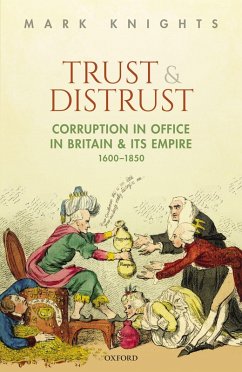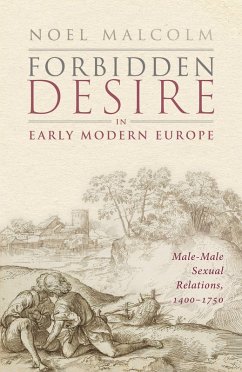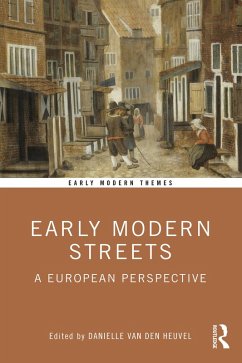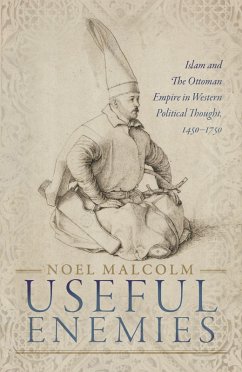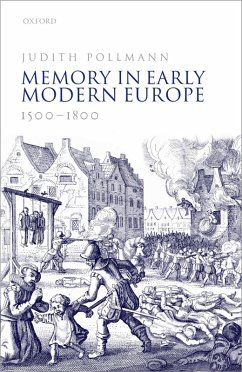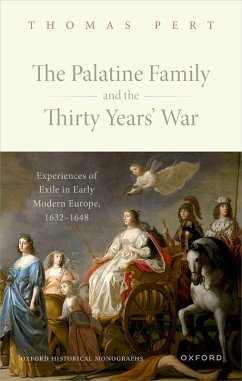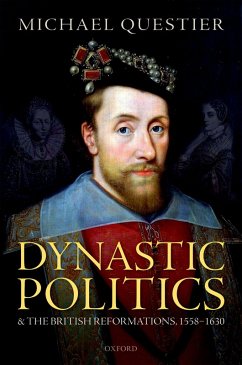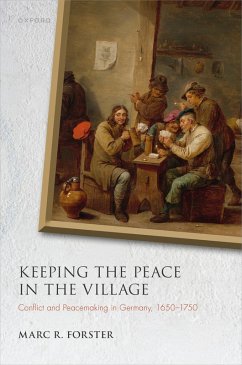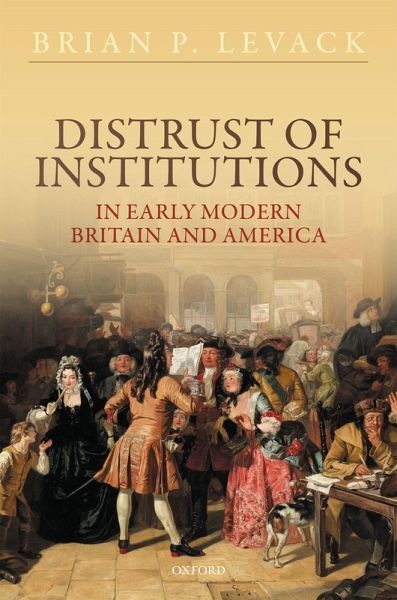
Distrust of Institutions in Early Modern Britain and America (eBook, ePUB)
Versandkostenfrei!
Sofort per Download lieferbar
53,95 €
inkl. MwSt.
Weitere Ausgaben:

PAYBACK Punkte
27 °P sammeln!
Distrust of public institutions, which reached critical proportions in Britain and the United States in the first two decades of the twenty-first century, was an important theme of public discourse in Britain and colonial America during the early modern period. Demonstrating broad chronological and thematic range, the historian Brian P. Levack explains that trust in public institutions is more tenuous and difficult to restore once it has been betrayed than trust in one's family, friends, and neighbors, because the vast majority of the populace do not personally know the officials who run large...
Distrust of public institutions, which reached critical proportions in Britain and the United States in the first two decades of the twenty-first century, was an important theme of public discourse in Britain and colonial America during the early modern period. Demonstrating broad chronological and thematic range, the historian Brian P. Levack explains that trust in public institutions is more tenuous and difficult to restore once it has been betrayed than trust in one's family, friends, and neighbors, because the vast majority of the populace do not personally know the officials who run large national institutions. Institutional distrust shaped the political, legal, economic, and religious history of England, Scotland, and the British colonies in America. It provided a theoretical and rhetorical foundation for the two English revolutions of the seventeenth century and the American Revolution in the late eighteenth century. It also inspired reforms of criminal procedure, changes in the system of public credit and finance, and challenges to the clergy who dominated the Church of England, the Church of Scotland, and the churches in the American colonies. This study reveals striking parallels between the loss of trust in British and American institutions in the early modern period and the present day.
Dieser Download kann aus rechtlichen Gründen nur mit Rechnungsadresse in A, B, BG, CY, CZ, D, DK, EW, E, FIN, F, GR, HR, H, IRL, I, LT, L, LR, M, NL, PL, P, R, S, SLO, SK ausgeliefert werden.




